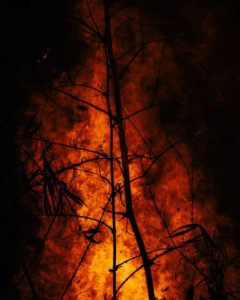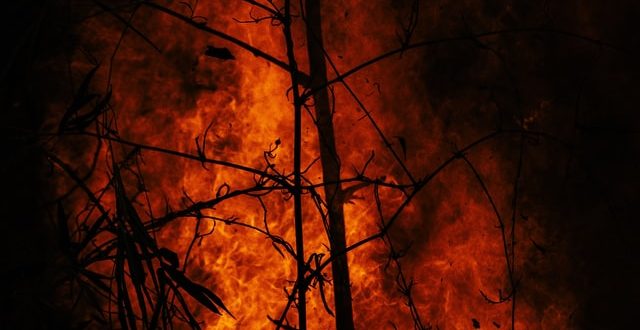How Wildfires Effect Soil
Fire has a direct effect on the soil in areas. There are a variety of effects that can happen to the soil depending on the temperatures of the soil. However, many of these actions are necessary and helpful in the future. It’s 
How Fires Affect the Soil
Soil is affected through both the heating and combustion processes of fires. The temperatures during the combustion processes will affect what actually happens to the soil.
The following can happen:
• Evaporation of water at lower temperature
• Combustion of soil organic matter
• Formation of pyrogenic organic material, such as charcoal
The nutrients in the soil can also change whether through oxidation, erosion, volatilization, and leaching by water. High temperatures are usually needed for a significant loss of nutrients and the nutrients in soils are usually increased when the ash is left behind. The nutrients of dead plants will be released into the soil quicker due to fire than waiting for decomposition.
The Change of pH Levels
The pH levels within the soils will happen due to fire. This is usually an increase in the pH level, which is often due to the calcium carbonate forming. This leads to calcium oxide in higher temperatures.
Ash can also temporarily increase the pH level of the soil. Eventually, the soil levels will return back to normal.
In some cases, there can be a complete loss of microbes in the top soil. Microbial activity can also increase when the heat of the soil is higher.
The higher pH levels will alter the texture and structure of the soil. It affects the clay content and the porosity of that soil.
Removal of Vegetation
It’s natural to think that after a fire, the vegetation will need to be removed. This can have a knock-on effect on the temperature of the soil. That top soil is more visible to the sun than before, leading to more heating.
More solar radiation can occur because of this. It can lead to cooler temperatures on the soil overnight because of the lack of UV rays.
The vegetation is also useful for catching some of the rain fall. If that vegetation isn’t there, the soil sees a higher water content. However, ash can help to prevent the soil from soaking in, naturally acting as a repellant. This can help to manage the soil water content.
Understanding how fires will affect the soil is essential. This is something fire ecologists understand in great depth to see what fires do to the ecosystems.
